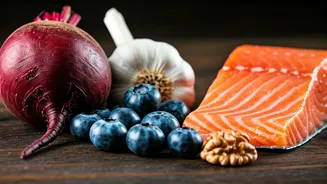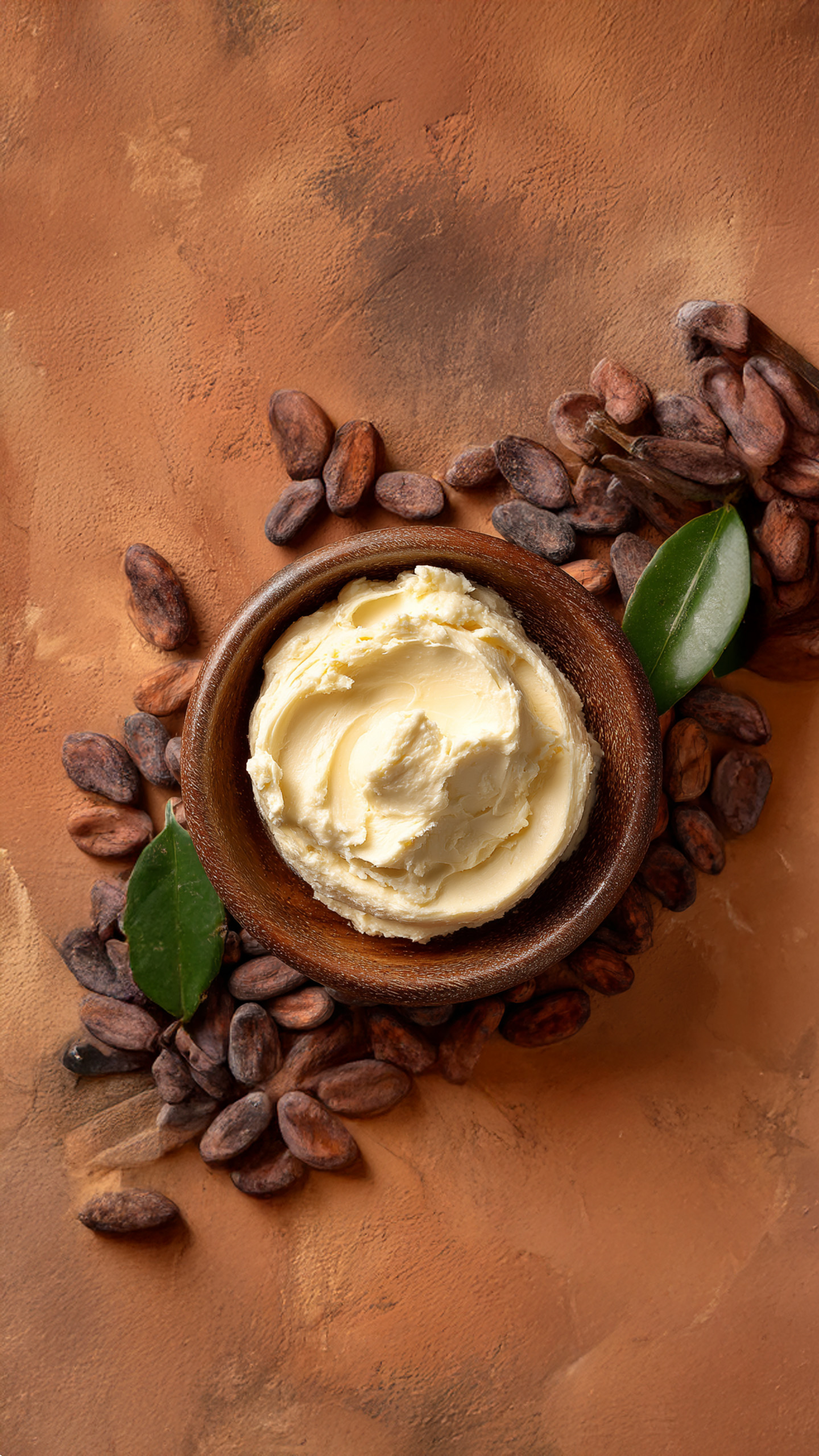The Power of Diet
The food we consume plays a crucial role in maintaining heart health and the overall condition of our blood vessels. A balanced diet can significantly
reduce the risk of cardiovascular diseases, which are a major concern in today's world. Consuming nutrient-rich foods can help prevent the formation of blockages in arteries and promote the repair of damaged blood vessels. By focusing on incorporating specific foods into our meals, we can actively contribute to the well-being of our heart. It is a proactive approach to prevent potential health issues down the line. Diet acts as a shield, preventing various cardiovascular problems. Therefore, integrating heart-friendly foods into daily meals is essential for a healthier future.
Section 1: Fatty Fish
Fatty fish, such as salmon, mackerel, and sardines, are packed with omega-3 fatty acids, which are vital for heart health. Omega-3s help reduce triglycerides, a type of fat in the blood that can increase the risk of heart disease. They also decrease blood pressure and reduce the risk of blood clots. Regularly eating fatty fish can lead to a decrease in the inflammation of blood vessels, supporting their repair. Moreover, omega-3 fatty acids help improve overall cholesterol levels, further contributing to a healthy heart. Aim to include fatty fish in your diet at least twice a week to reap these benefits. This dietary addition is a simple, yet powerful, way to safeguard your cardiovascular health. Consider grilling, baking, or pan-searing fatty fish to preserve its nutritional value.
Section 2: Berries Galore
Berries, including strawberries, blueberries, and raspberries, are rich in antioxidants and fiber. Antioxidants protect blood vessels from damage caused by free radicals, which are unstable molecules that can contribute to the development of heart disease. Fiber helps lower cholesterol levels, preventing plaque buildup in the arteries. Berries also contain compounds that can improve blood vessel function and reduce blood pressure. These small, delicious fruits are a powerhouse of heart-healthy nutrients. Adding a handful of berries to your breakfast cereal, yogurt, or enjoying them as a snack is a simple way to incorporate these beneficial foods into your daily routine. Their vibrant colors are a sign of their potent antioxidant properties.
Section 3: Leafy Greens
Leafy green vegetables like spinach, kale, and collard greens are excellent sources of vitamins, minerals, and fiber. They contain nitrates, which the body converts into nitric oxide, a molecule that helps relax and widen blood vessels, thereby improving blood flow and reducing blood pressure. The fiber in these greens also helps lower cholesterol levels. Additionally, these vegetables provide essential nutrients that protect against cell damage and support overall cardiovascular health. Incorporate leafy greens into your diet through salads, smoothies, or by adding them to your cooked meals. Their versatility makes them an easy addition to almost any dish. Eating a variety of leafy greens ensures a broad spectrum of nutrients for optimum heart health.
Section 4: Whole Grains
Whole grains, such as oats, brown rice, and quinoa, are rich in fiber, which helps lower LDL (bad) cholesterol levels. They also provide essential nutrients that support heart health. Whole grains contain soluble fiber, which forms a gel-like substance in the digestive system, preventing the absorption of cholesterol. They help regulate blood sugar levels, reducing the risk of heart disease associated with diabetes. Replacing refined grains with whole grains in your diet is a simple yet effective way to improve your heart health. Start your day with a bowl of oatmeal, opt for brown rice instead of white rice, and choose whole-wheat bread and pasta. This is an easy way to cultivate a stronger, healthier heart.
Section 5: Nuts & Seeds
Nuts and seeds, including almonds, walnuts, and flaxseeds, are packed with healthy fats, fiber, and various vitamins and minerals. They help lower LDL cholesterol levels and reduce the risk of heart disease. These foods also contain antioxidants that protect blood vessels from damage. Consuming nuts and seeds in moderation is key, as they are calorie-dense. Add a handful of nuts or seeds to your salads, yogurt, or enjoy them as a snack. Their versatility makes them a beneficial addition to meals. Opting for unsalted nuts and seeds ensures you are maximizing their health benefits. Nuts and seeds give a healthy boost to your daily diet, improving the health of your heart and blood vessels.





















